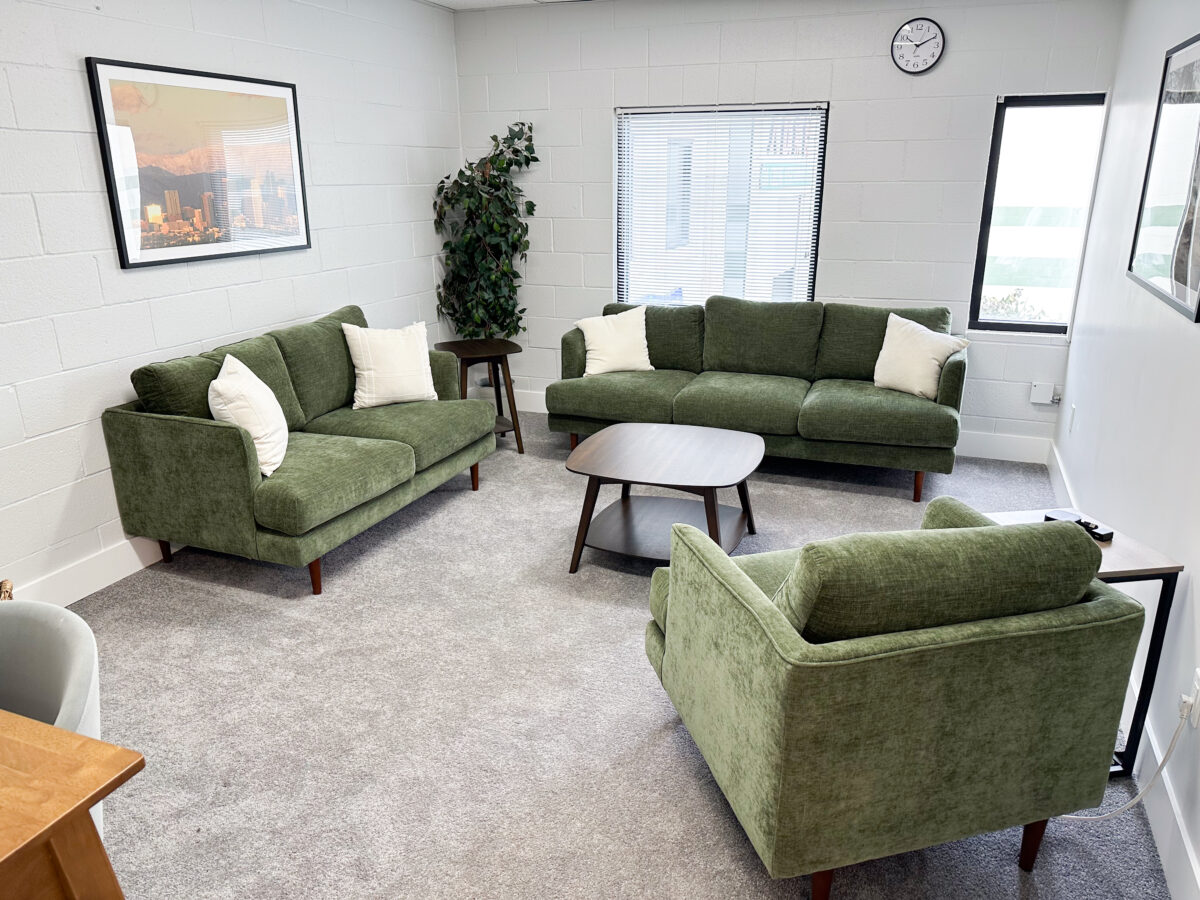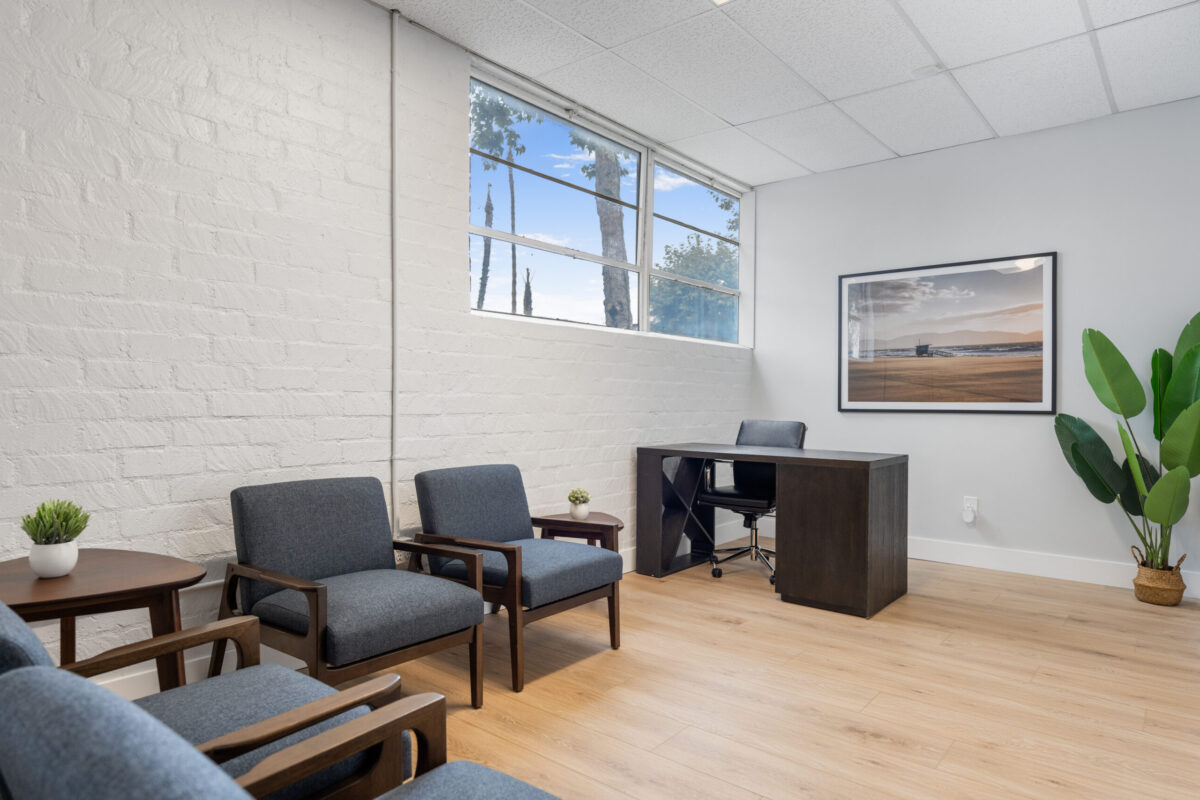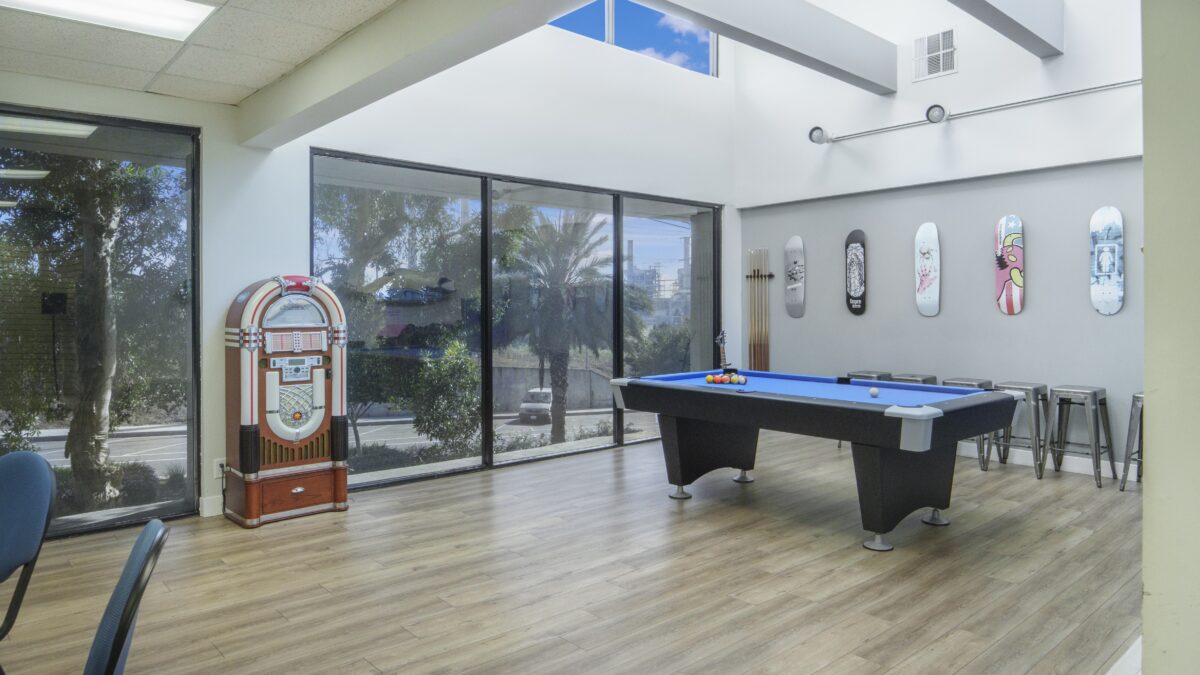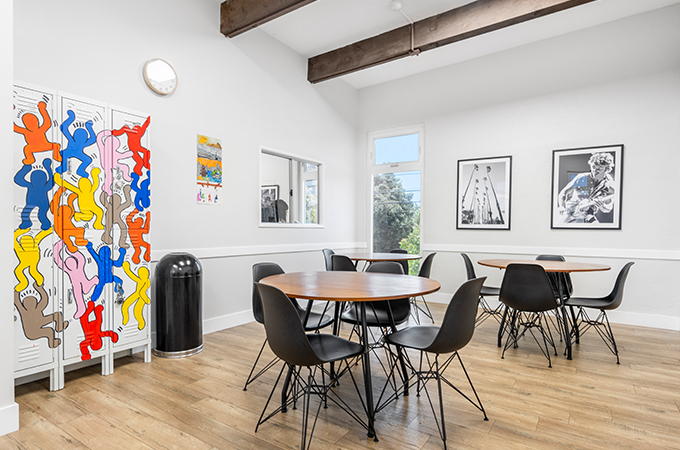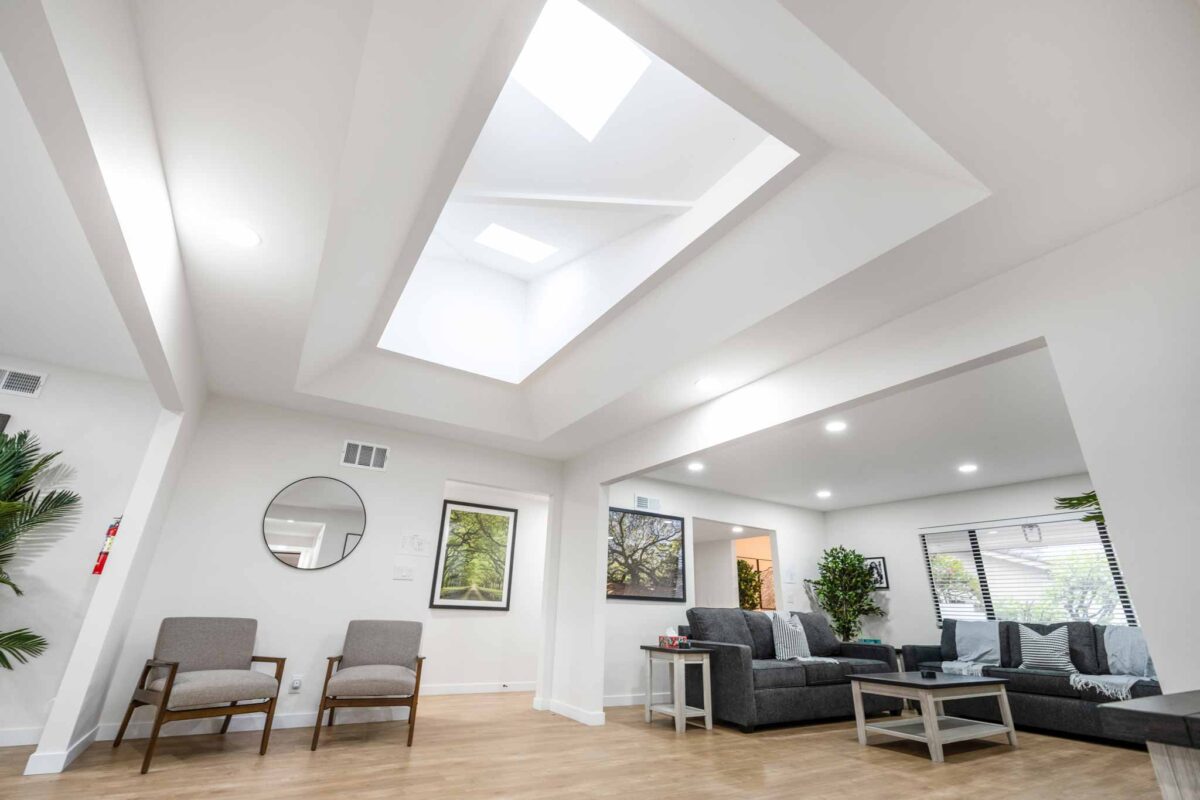
Teen Bipolar Disorder Treatment Program in Los Angeles, California
Quality care for bipolar disorder in teens
When navigating the symptoms that arise with bipolar disorder, it can feel defeating, overwhelming, and never-ending. As a teen dealing with any mental health condition, you might commonly feel shame or even embarrassment over your behavior. The mental, physical, and emotional toll that bipolar disorder can take on you is immense.
At Clear Behavioral Health, our teen mental health programs are tailored to your specific needs. This means your treatment will be tailored to your bipolar disorder symptoms and managed with the help of our mental health professionals.
Teen bipolar disorder treatments at Clear Behavioral Health
The teen bipolar disorder treatment program at Clear Behavioral Health is provided through our teen intensive outpatient program (IOP). While in our IOP, you will work with therapists and counselors, build a community through groups, and heal holistically through meditation and yoga.
Our case managers will work with your school to make any necessary accommodations for treatment. Our programs, located throughout Los Angeles, CA, are conveniently in-network with most insurance providers, which makes the financial aspect less daunting and more accessible.

Complimentary assessment
When entering the teen bipolar disorder treatment program, you will be assessed thoroughly upon enrollment. Making sure we understand the extent of your bipolar symptoms, how they affect your life, and your history until this point will help determine how your treatment plan will be created and how our teen IOP is right for you.
Teen Intensive Outpatient Program (IOP)
Our teen intensive outpatient program (IOP) utilizes an all-encompassing approach to treating school issues in teens, combining family-focused therapy, group therapy, individual therapy, and holistic methods.
Bipolar disorder is tough to navigate without support, which is why our teen IOP can change the trajectory of your future.

Teen IOP Includes:
12 weeks of treatment | 3 days a week | 3 hours per day
You are free to identify the days that support your schedule, Monday through Friday
What to expect with Teen IOP
Our teen IOP provides comprehensive clinical support through individual and group therapy, case management, and holistic therapies to support the full spectrum of treatment for bipolar disorder symptoms. Each program includes:

Individual Therapy
Every week, your teen will meet with their therapist to discuss their symptoms and feelings, the root cause of their condition, and specific triggers.
We use many forms of therapy for bipolar disorder, including CBT, DBT, and EMDR therapies.

Case Management
Your teen will meet with a case manager weekly to work on developing fundamental coping and life skills to work through triggers successfully.
By developing these skills, your teen will gain the confidence to move to the next chapter of their life.

Group Therapy
By attending daily group therapy, your teen has the opportunity to listen to other experiences of difficulty with mental health struggles and how they navigate them.
Through understanding they are not alone, group therapy provides understanding and community support.

Family Therapy
Our teen program provides a safe and open space to discuss your teen’s bipolar disorder, how to overcome it, and work through your familial issues with clinical guidance.
By educating you and your teen, you can learn how to better support and communicate with one another.

Holistic Groups
Our daily holistic therapy groups allow your teen to reconnect with what they enjoy through art and music therapy. We also encourage meditation, yoga, mindfulness, and more.
These holistic treatment methods are proven to help you stay present in your mind and body.
Our locations
We are in-network.
Learn more about your coverage options:
Conditions we treat
What is bipolar disorder in teens?
Bipolar disorder in teens is a mental health condition that presents significant shifts in mood, concentration, and energy levels. It can show up in two ways, either depressive symptoms or manic symptoms, which are referred to as manic and depressive episodes.
It normally cycles between the two, depression being a lower energy and hopelessness cycle. Then, mania is characterized by euphoric and unpredictable behaviors that surface when moving through the cycle of bipolar disorder. For teens, bipolar disorder causes significant stress and, at times, detrimental effects on overall quality of life.
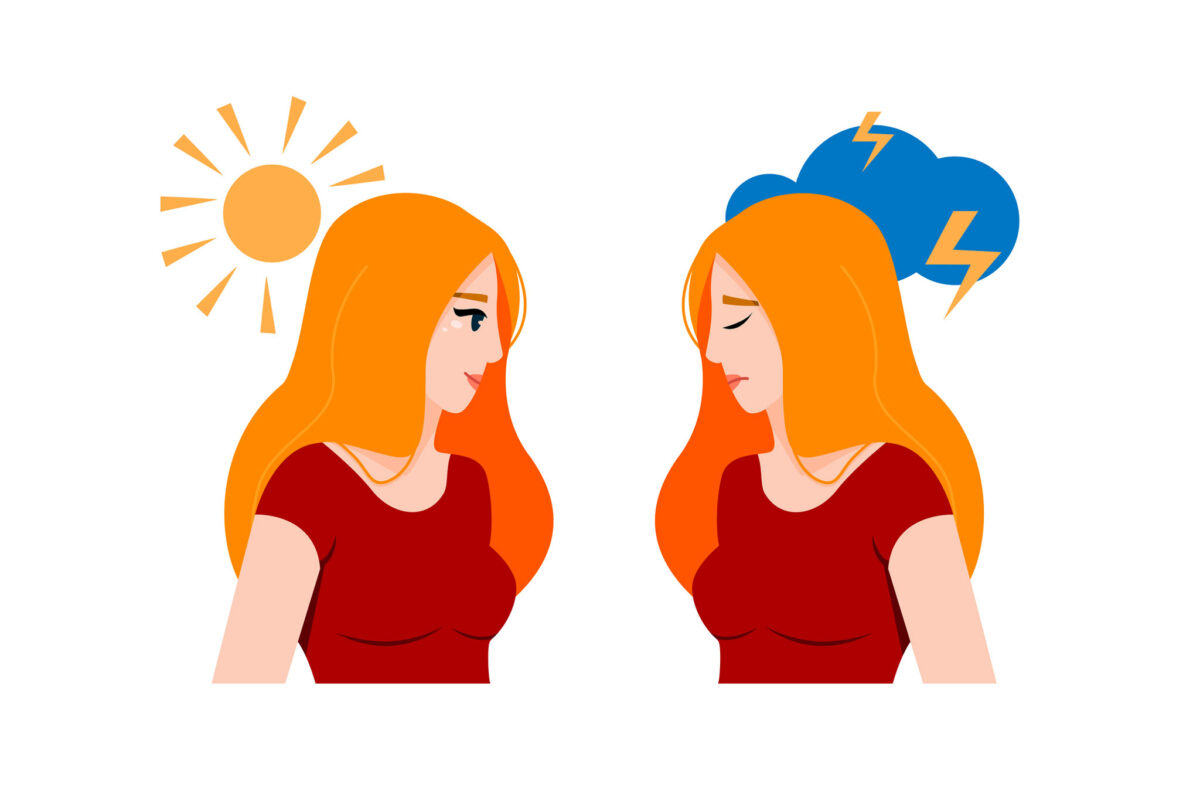
Learn more about our teen bipolar disorder treatment centers
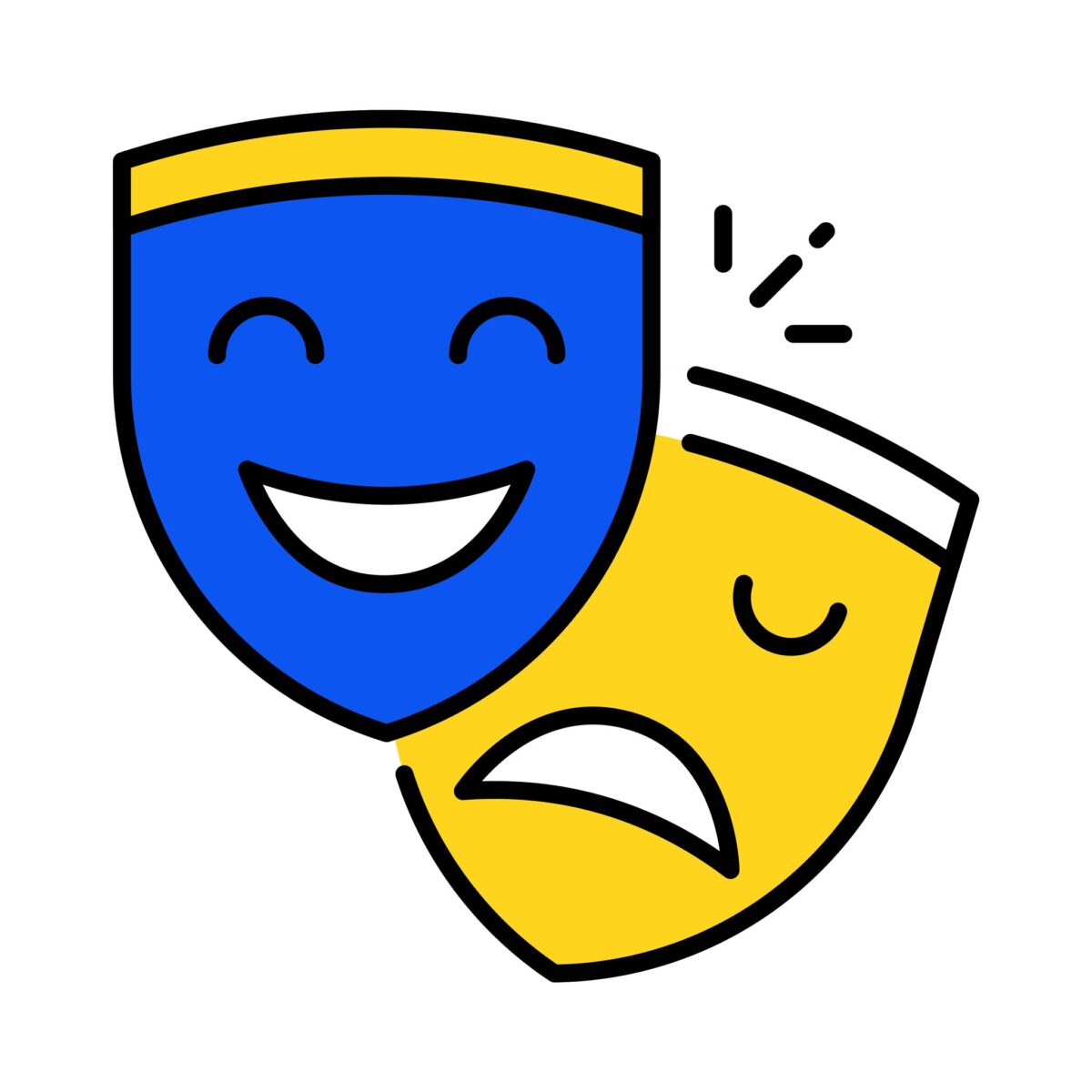
Signs and symptoms of bipolar disorder in teens
When struggling with teen bipolar disorder, you might experience some of the following depressive and manic symptoms:
Depression symptoms:
- Abnormal mood swings
- Low self-esteem
- Trouble with close relationships
- Sensitive to failure or rejection
- Feelings of anger or aggression
- Feeling of hopelessness
- Changes in appetite or weight
- Depressive episode
Mania symptoms:
- Less need for sleep or rest
- Irritable
- Easily distracted
- Involved in high-risk activities
- Very talkative
- High or euphoric feelings
- High energy
- Severe mood changes
- Manic episode
These depressive and manic symptoms can lead to challenges in teen life with school, family, and friends. Reaching out for help is the first step toward healing and improving your quality of life.
Types of bipolar disorder
There are two types of bipolar disorder; they have similarities in symptoms, but they do present differently. Here are the types of bipolar disorder teens struggle with:
- Bipolar I disorder: Normally, this presents depression and mania in teens. When the manic episodes manifest, they can be severe, and you may need hospitalization for severe mania.
- Bipolar II disorder: When this type of teen bipolar disorder presents itself, it normally tends to cause debilitating and chronic bouts of major depression. You can still experience manic episodes; however, it is called hypomania, which is less severe than mania and usually does not require hospitalization.
Bipolar disorder in teens can also co-occur with other conditions, including attention deficit hyperactivity disorder (ADHD), anxiety disorders, and substance abuse. Clear Behavioral Health’s comprehensive approach to teen mental health conditions can address co-occurring disorders, and we will create a customized treatment plan tailored to your needs.
How to treat bipolar disorder in teens
The way teen bipolar disorder is treated at Clear Behavioral Health differs from other programs because of the comprehensive treatment that we offer. We work to help you reconnect the body and mind, along with targeting different areas of your life.
Our teen bipolar program offers a supportive environment where you can heal alongside peers who understand your unique challenges. You will also have access to a treatment team including therapists, counselors, case managers, and psychiatrists or nurse practitioners. Our adolescent psychiatry services will give you access to bipolar disorder medication, which can be vital for mood stabilization, symptom management, and bipolar relapse prevention.
While bipolar disorder may create feelings of hopelessness during depressive phases and overwhelm during manic episodes, Clear Behavioral Health provides strategies to help you find balance. Contact us today to improve your quality of life and reduce the impact of bipolar symptoms on your daily functioning.
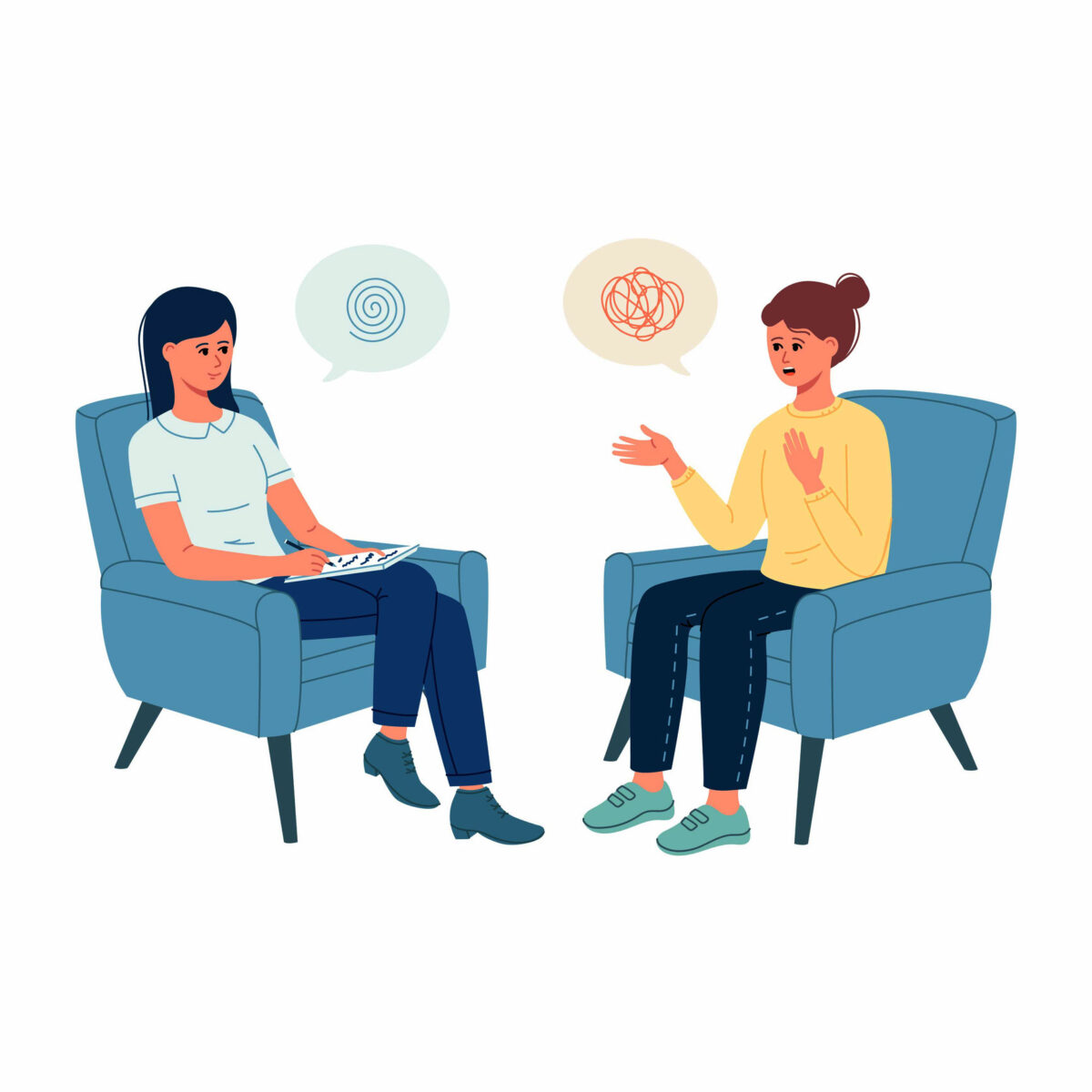
Get the help you need for teen bipolar disorder today
Our other services
In addition to our teen programs, we also provide the full spectrum of treatment for adult substance abuse and mental health disorders, including anxiety, OCD, depression, and more. Learn more about our other services:
Teen bipolar disorder resources
-
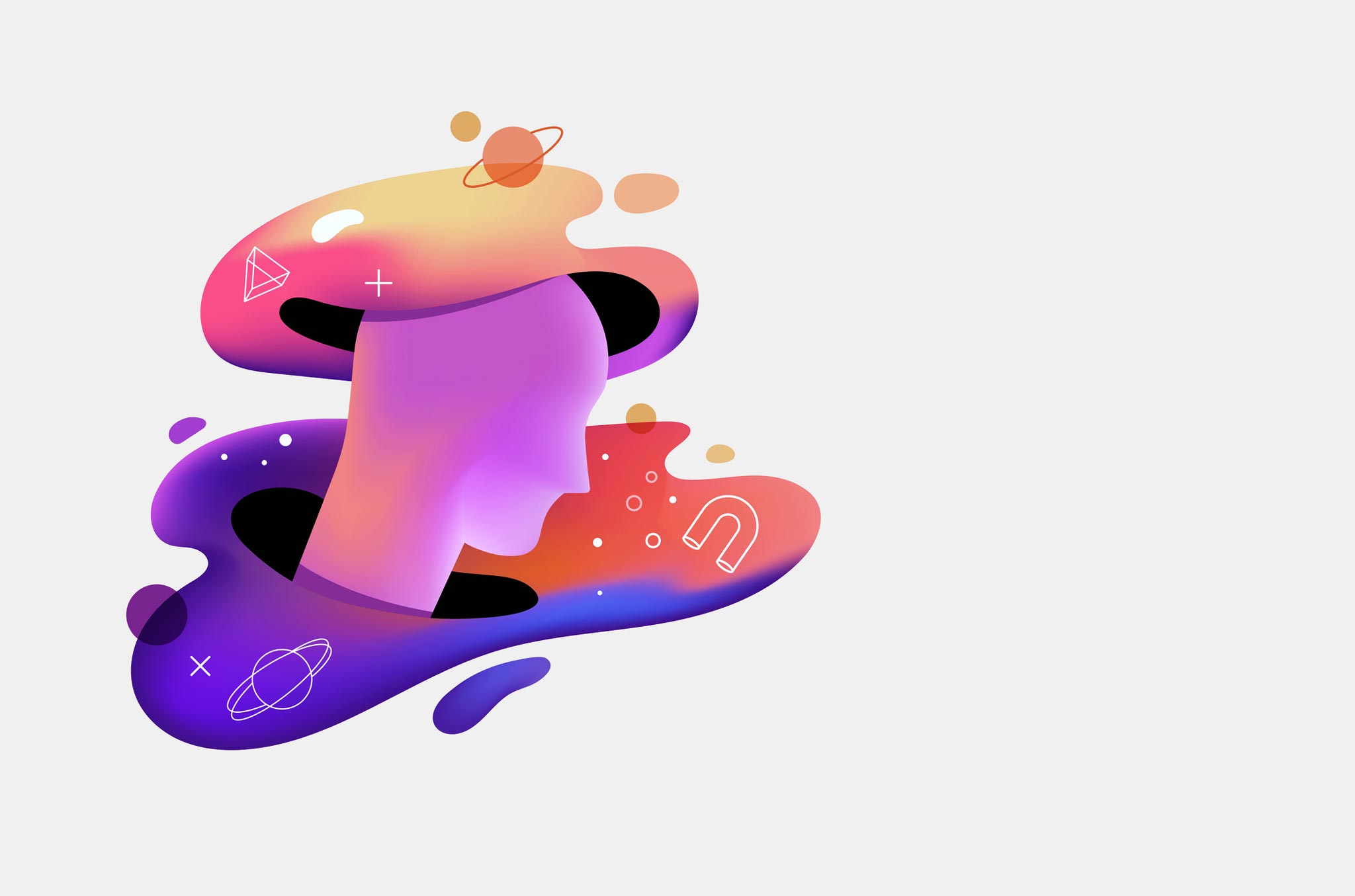
How ADHD Treatment Helps You Build Focus, Structure, and Confidence
Explore ADHD treatment options for adults and teens, including outpatient programs that build focus, structure, and real-life skills.
-

How to help a teen with anxiety: Understanding social media pressure, resistance, and what actually works in therapy
When a teen is struggling with anxiety, panic, or overwhelming pressure, getting them to open up can feel like an…
-
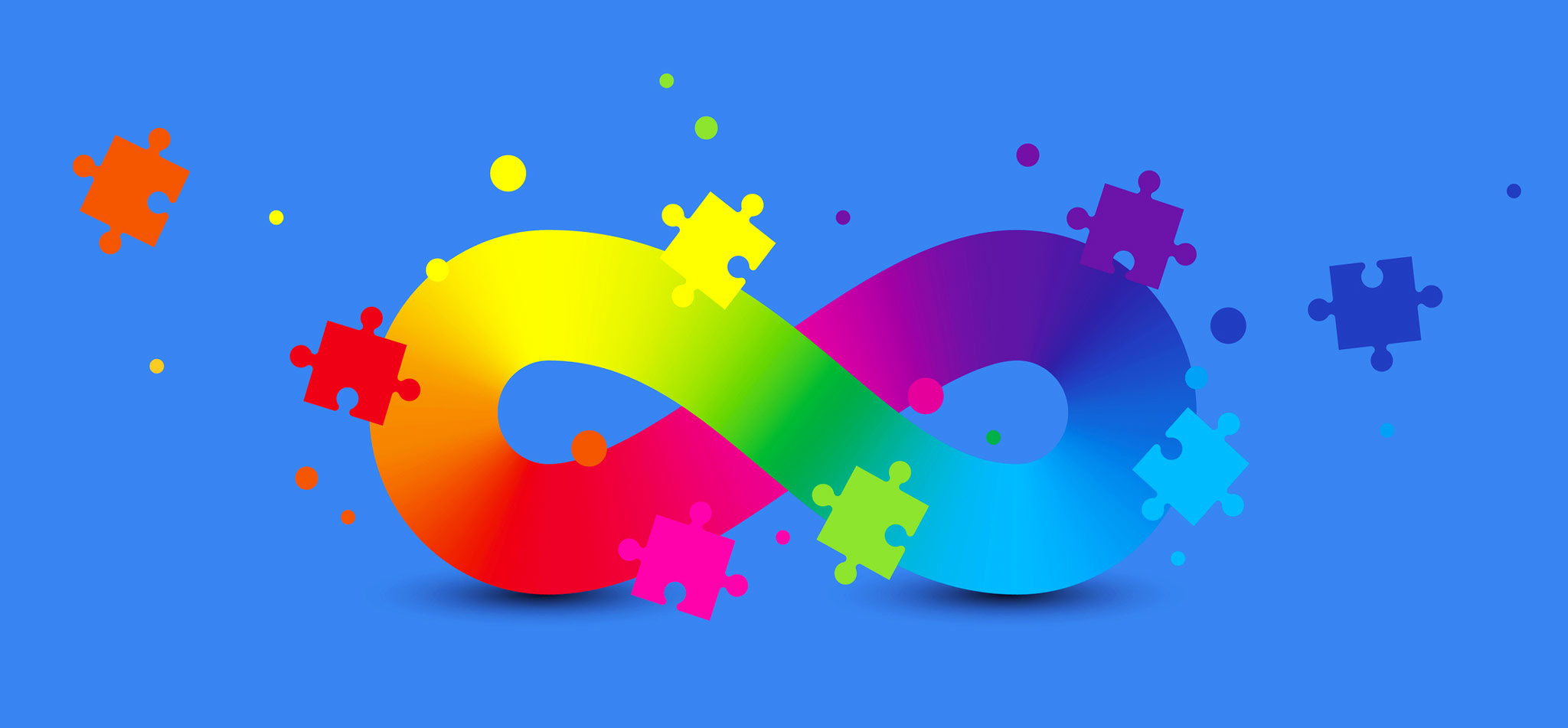
Understanding Level 1 Autism in Teens: Signs, Challenges, and How to Support Your Child
A parent’s guide to level 1 autism in teens: symptoms, social and school challenges, and effective treatment options to support…
View our complete archive of resources from our expert contributors:
Frequently asked questions
Read through our FAQ for any questions you may have or give us a call today. We are here to answer your questions and support you or your loved one through their healing journey.
What causes bipolar disorder in teens?
The causes of bipolar disorder in teens can include genetic factors, environmental stressors, and biochemical imbalances. This mental health condition does run in families, so a family history of bipolar disorder could be an indicator to look out for.
Contact Clear Behavioral Health today to learn more about our mental health programs for teens.
What does bipolar look like in a teenager?
Bipolar disorder may show up differently for everyone. During manic episodes, you may exhibit extreme mood episodes, changes in energy levels, and engage in risky behaviors. You’ll also notice a shift to depression symptoms once you stop exhibiting manic symptoms.
Look out for withdrawal from social events, changes in sleep patterns, changes in eating habits, and overall hopelessness
Call us today for a complimentary assessment.
How is bipolar disorder treated in teenagers?
A comprehensive approach, including individual therapy, group therapy, holistic methods, and medication management, is recommended. This can change from teen to teen, based on your needs. In some cases, you may need to enter an intensive therapy program to help you stabilize and manage your bipolar disorder.
Contact our admissions team today to find out how teen IOP can help with bipolar disorder and other forms of mental illness.
Contact Us
For more information about our services, to schedule a tour, or to find out if your treatment is covered by your health insurance, contact our expert clinical team today by completing this form.
